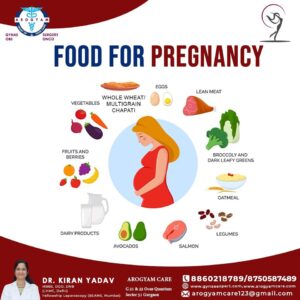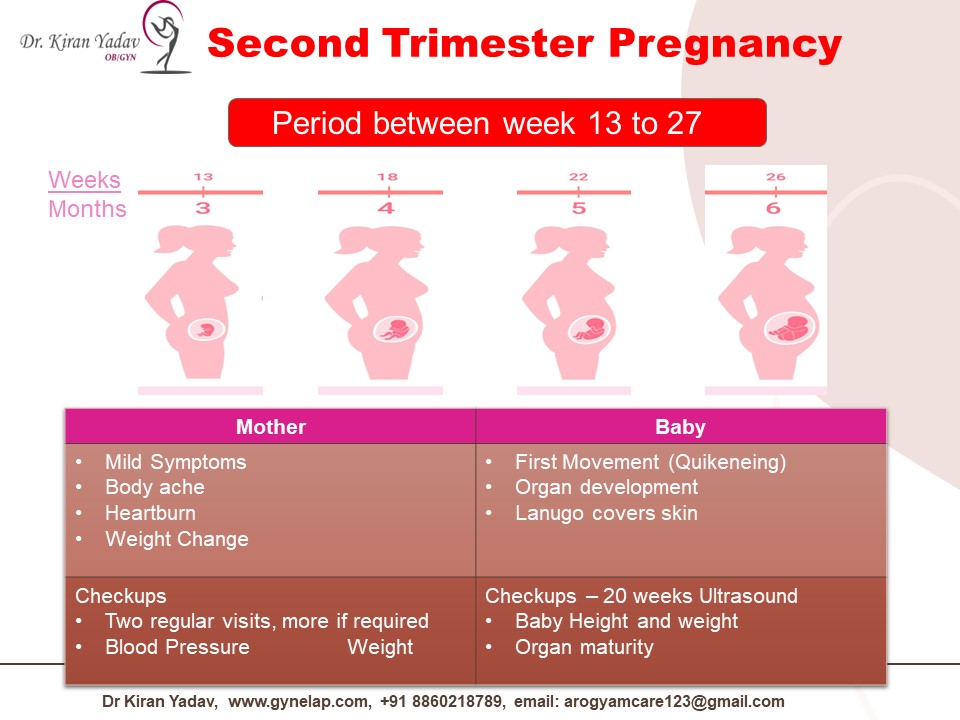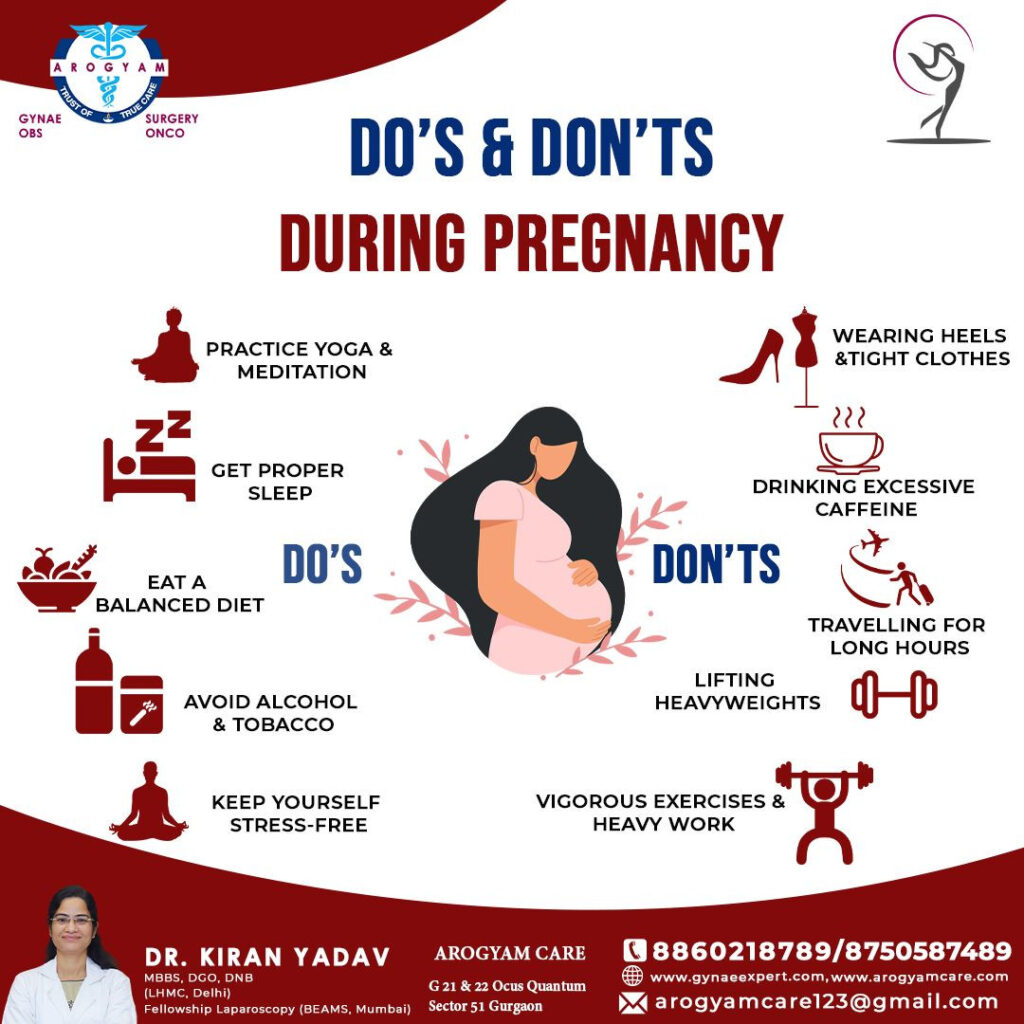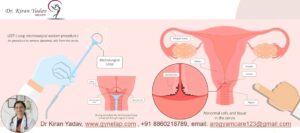Understanding the Second Trimester of Pregnancy
Duration of Second Trimester
The second trimester of pregnancy is the period from the 13th to the 27th week of gestation. During this time, the fetus grows rapidly and develops many organs and systems. The mother may also experience some changes in her body, such as increased appetite, weight gain, and a more visible belly.
Changes You Can Expect in Second Trimester of Pregnancy
The second trimester of pregnancy is often considered the best part of the journey, as many of the unpleasant symptoms of the first trimester fade away.
- Baby grows rapidly, with organs and systems maturing.
- Quickening is baby first movement felt. It happens around 5th month
- Belly expands as your baby grows. There may be stretch marks over abdomen, breasts, buttocks, or thighs. These are harmless and may fade after delivery.
- Skin may change in color and texture. This is called melasma or chloasma and is caused by hormonal changes.
- Body ache such as abdomen, back, groin, hips, ribs, and thighs. This is due to the stretching of muscles and ligaments to support your growing uterus.
- Some new symptoms, such as heartburn, constipation, nasal congestion, bleeding gums, varicose veins, or hemorrhoids. These are common and usually not serious, but you should talk to your doctor.
Balancing Physical Activity in Second Trimester of Pregnancy
Exercise regularly. Physical activity can help you stay fit, relieve stress, improve your mood, and prepare your body for labor and delivery. Aim for at least 30 minutes of moderate exercise most days of the week, unless your provider advises otherwise. You can do activities such as walking, swimming, yoga but avoid anything that involves jumping, twisting
Prenatal/ Antenatal Doctor Visits and Investigations
Keep up with your prenatal care. Your gynaecologist will monitor your health and your baby’s development throughout your pregnancy. Follow your provider’s advice and ask any questions you may have.
- Fundal height measurement: This involves measuring the height of your uterus from the top of your pelvic bone to the top of your uterus. The fundal height correlates with the length of your pregnancy. For instance, at 20 weeks, your fundal height should be around 20 centimeters (plus or minus 2 cm).
- Fetal heartbeat monitoring
- Edema (swelling) assessment
- Weight gain monitoring
- Blood pressure checks
- Urine protein and glucose level testing
Common Investigations and Tests in second trimester
- Level II or 20-week ultrasound, which typically occurs between 18 and 22 weeks.
- Cell-free fetal DNA (cffDNA) test: Used to evaluate the baby’s risk of chromosomal abnormalities (only if it is indicated).
- Amniocentesis: A diagnostic test that examines amniotic fluid (only if it is indicated).
- Other specialized tests depending on your health and circumstances
Healthy Advice for the Second Trimester
Weight gain During Pregnancy
Nutrition and Diet Recommendation
 Eat a balanced diet. Your baby needs a variety of nutrients to grow and develop properly. You should eat plenty of fruits, vegetables, whole grains, lean protein, and healthy fats. Avoid foods that are high in sugar, salt, or fat, as well as raw or undercooked meat, fish, eggs, or dairy products. Drink plenty of water and limit your caffeine intake.
Eat a balanced diet. Your baby needs a variety of nutrients to grow and develop properly. You should eat plenty of fruits, vegetables, whole grains, lean protein, and healthy fats. Avoid foods that are high in sugar, salt, or fat, as well as raw or undercooked meat, fish, eggs, or dairy products. Drink plenty of water and limit your caffeine intake.- Take your prenatal vitamins. Your doctor will prescribe you a prenatal vitamin that contains folic acid, iron, calcium, and other essential nutrients for your baby’s health. Take it every day as directed and do not take any other supplements without consulting your provider.
- Get enough rest. Try to get at least eight hours of sleep every night and take naps during the day if you feel tired. You may need to adjust your sleeping position as your belly grows. Use pillows to support your back, hips, and legs, and sleep on your left side to improve blood flow to your baby.
Precautions and Care: Ensuring a Safe and Healthy Environment
- Manage common discomforts such as back pain, leg cramps, heartburn, constipation, or swelling. You can try some natural remedies such as massage, warm baths, stretching. However, if you have any severe or persistent symptoms such as bleeding, severe pain, fever, or vision changes, immediately visit your doctor.
- Learn about the best and worst part of the second trimester. The second trimester is often considered the “honeymoon” period of pregnancy because you may feel more energetic, less nauseous, and more confident about your appearance. You may also start to feel your baby move and kick inside you, which is a wonderful sensation. However, the second trimester also has some challenges such as weight gain, mood swings, skin changes, and increased appetite. You may also start to worry about labour and delivery or how to care for your newborn. Try to focus on the positive aspects of this stage and enjoy every moment with your baby.
- Second trimester baby development: baby grows rapidly. By the end of this stage (around week 27), baby will be about 14 inches long and weigh about 2 pounds. Able to hear sounds from outside the womb (including your voice), open and close his or her eyes etc., practice breathing movements with his or her lungs etc., suck his or her thumb etc., respond to touch etc., develop a regular sleep-wake cycle etc.
We hope these tips will help you have a healthy and happy second trimester. Remember, you are doing a great job and you are not alone. You have a beautiful baby growing inside you and a wonderful support system around you.






